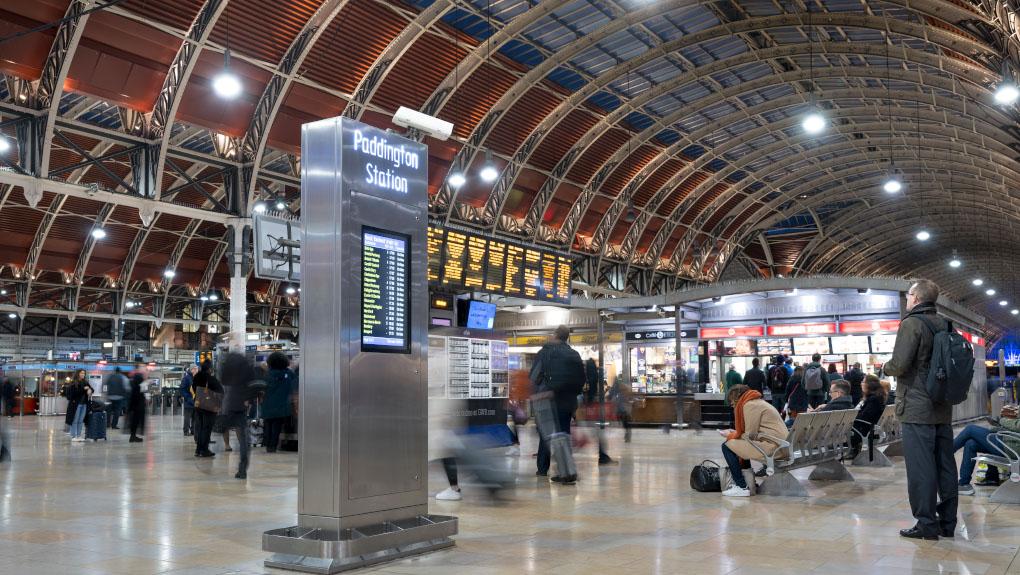
The regulator’s review shows that most train companies now process delay compensation claims they receive through an automated system, with these claims being resolved on average in just under three days compared to an average of five days for claims processed manually.
Overall, the percentage of claims approved increased in 2022/23 (up to 79.1% from 77.4% in 2021/22) and ORR has seen no evidence that the adoption of automatic processes is resulting in a significant change in the rejection rate.
ORR’s review showed some gaps in different train companies’ provision of information. ORR is reminding these companies of the need to ensure passengers can claim by post, and has asked them to improve their provision of information about delay compensation, whether that is by including a link to delay compensation information when tickets are purchased online, promoting delay compensation onboard trains, or keeping passengers informed of their performance on delay compensation including publishing information on key metrics.
ORR’s annual complaints statistics 2022/23, also published today, show that there were 346,758 complaints closed by train operators, an increase of 23% on the previous year. However, due to passenger journeys increasing by 46% in the same period, the number of complaints per 100,000 journeys is down 16% on the previous year. The most popular cause of complaints remain punctuality/reliability, sufficient space on trains and ticketing.
Stephanie Tobyn, ORR’s Director, strategy, policy and reform said:
Notes to editors:
- Delay compensation Code of Practice compliance review
- Rail delay compensation claims
- Passenger and rail service complaints
- For information about how and when to claim visit https://www.nationalrail.co.uk/help-and-assistance/compensation-and-refunds/

